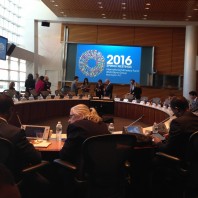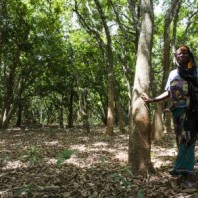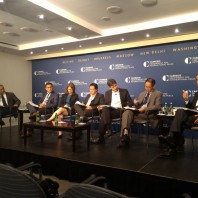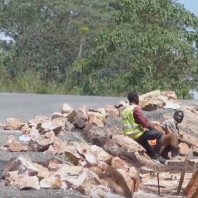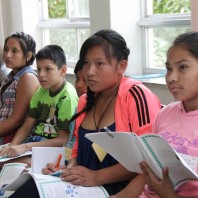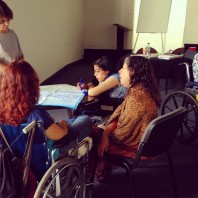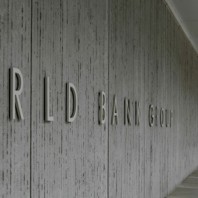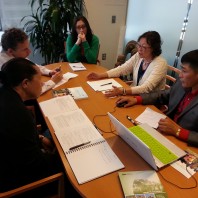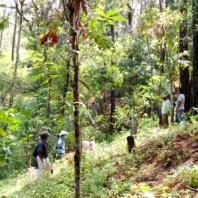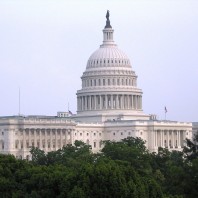Please join BIC for a panel discussion on: Citizen Engagement with the World Bank Wednesday, October 5 I2-220 9:00 -10:30am The success of development finance is largely dependent on citizen engagement, as policy makers and practitioners increasingly recognize. The World Bank plays a key role in advancing this agenda. The Bank has made a variety …
By Debbie Pierce, Forest Associate The World Bank introduced its first safeguard policies over thirty years ago, in response to outrage over harmful impacts of its development projects, including widespread forest destruction and eviction of indigenous peoples. The safeguards were designed to ensure that these impacts would be assessed before the project was implemented, and …
On June 29, 2016, BIC co-organized a panel session with the Natural Resource Governance Institute (NRGI) on the ongoing governance challenges in Myanmar’s extractives industries sector and reform options that can contribute to sustainable, inclusive development in the country. The panel event, titled “How Can Myanmar Avoid the Resource Curse?” was hosted by the Carnegie …
In light of “multiple failures” by the World Bank in monitoring and supervising the Uganda Transport Sector Development Project, the World Bank Group announced today that they will create a “Global Gender-Based Violence Task Force to advise the institution on best practices for reducing risks to community safety in connection with our development projects.” This …
More than twenty years ago, in response to disastrous effects of its development projects, the World Bank Group (WBG) instituted the first of eight safeguard policies designed to “prevent or mitigate adverse impacts of its projects on people and the environment.” These policies formed the bedrock of a rules-based, “do no harm” approach to development …
Training with the disability community to prepare for the safeguard consultation in Lima, Peru February 2015 We have been advocating to ensure that persons with disabilities are included and taken into consideration throughout all stages of the project cycle—from design, to implementation, to monitoring—since the beginning of the safeguard review process. We have shared information …
Despite an unprecedented consultative process involving thousands of stakeholders from government, civil society, and the private sector, the review and update of the World Bank safeguard policies has proven to be a missed opportunity for the Bank to reclaim its place as a global leader in development. While the new Environmental and Social Framework (ESF) …
Under its most recent global strategy, the World Bank committed to ramp up and systematize its citizen engagement efforts, citing research showing that effective citizen engagement contributes to increased positive development results. Consistent with this commitment, the Bank is poised to approve a draft Environmental and Social Framework (ESF) containing a brand new policy on …
Forests are a livelihood source for an estimated 1.6 billion forest dependent peoples, many of whom are indigenous. These forest dependent peoples comprise 90% of the world’s people living in extreme poverty. It is vital that the World Bank’s safeguard policies ensure protections and rights for these communities, at a time when their resources are …
Today, the Tom Lantos Human Rights Commission announced that its co-chairs, Congressmen James P. McGovern and Joseph R. Pitts, have issued a statement urging the World Bank to incorporate robust protections for human rights into its social and environmental safeguards. The US Congressmen “strongly encourage” World Bank President Jim Kim to “heed the calls of …

